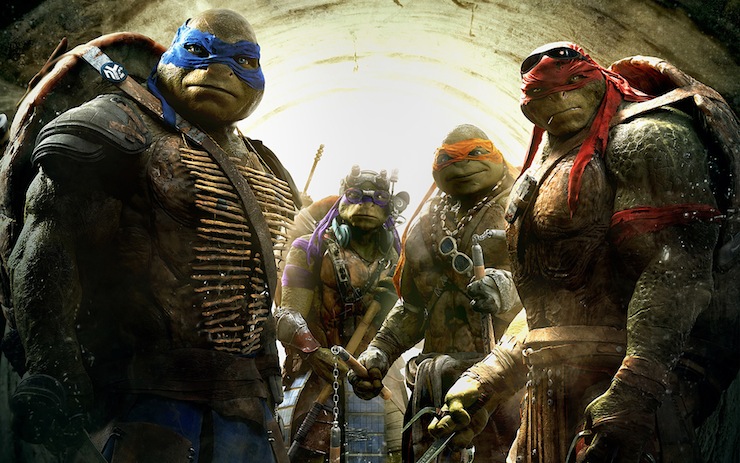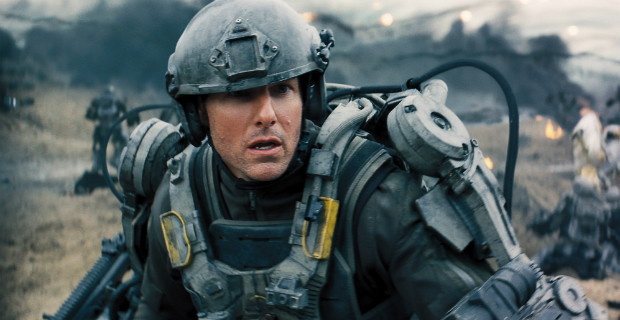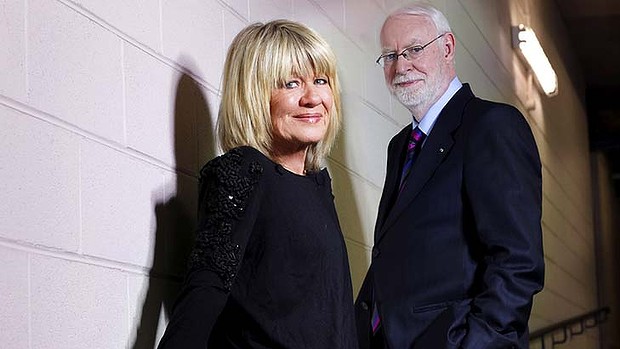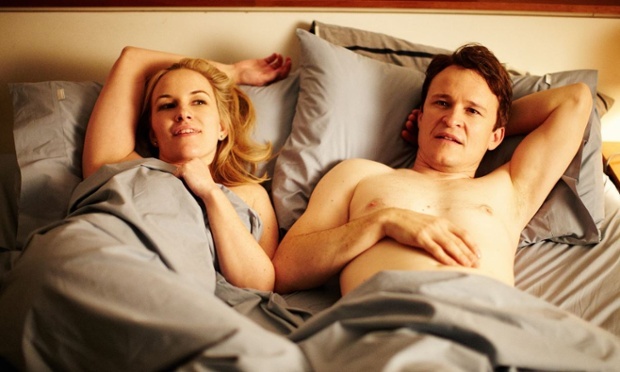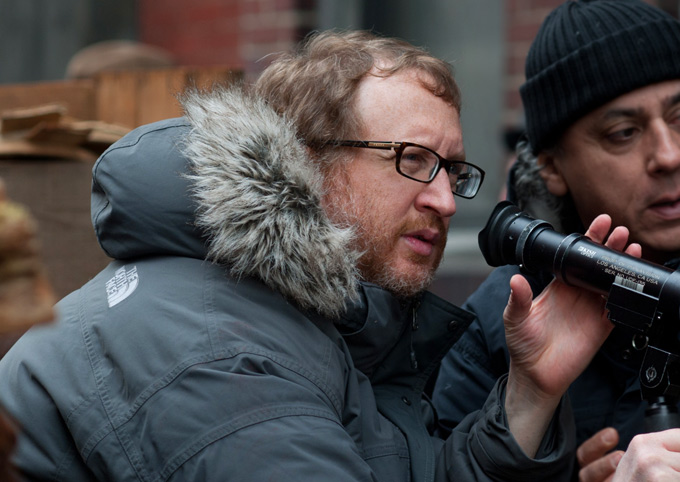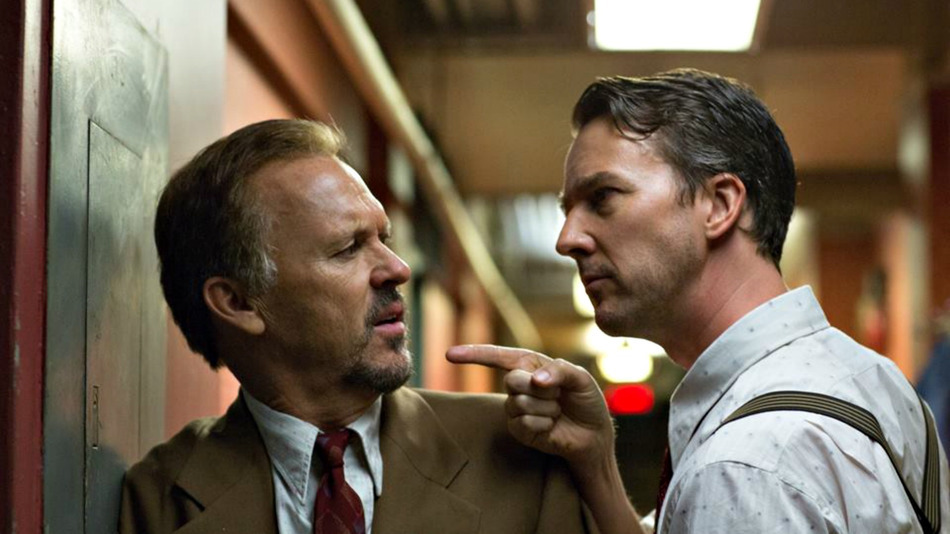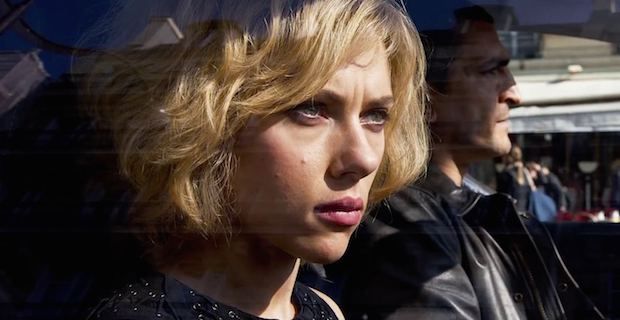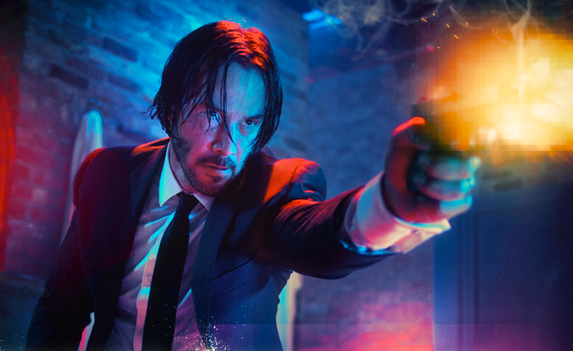SCREEN-SPACE'S BEST & WORST FILMS OF 2020
So I come to my annual Best of... duties in a bit of a daze. 2020 was the year when the movie business, in the words of George Costanza, “took a bit of a tumble”. Productions ground to a halt; distribution schedules were reshuffled, then abandoned; cinemas closed their doors, some of them permanently. With the global population housebound, streaming services boomed, to such an extent that Warner Bros., one of the iconic names associated with ‘Old Hollywood’, shared their entire post-Christmas slate with their digital platform HBO Max, changing the traditional theatrical window forever. It’s been a helluva year.

It wasn’t all dire times. A dedicated team helped me launch the Sydney Science Fiction Film Festival, a ‘roll of the dice’ venture which worked out pretty damn good. And seeking out the best small-screen programming redefined the big-screen bent of our yearly list, with nearly half coming via the Amazon/Shudder/Netflix/Disney+ combo.
I’ve always said, “Everyone’s entitled to my opinion”, but I’m open to yours (that's not entirely true), so let me know if I’ve missed anything. Please seek out some of these lesser-known films. Thanks for your continued support, and stay healthy...
2020 FILMS IN GENERAL RELEASE (THEATRICAL/STREAMING):
1. DAVID BYRNE’S AMERICAN UTOPIA (Dir: Spike Lee; USA; 105 mins) In adapting the Broadway show (remember those?) borne of the brilliant mind of the Talking Head’s frontman, Spike Lee found heartfelt joy and a purity of spirit that all but washes away the stink that has settled on America over the last few years. Byrne’s observations of humanity and society, in a version of song and dance that taps into childlike glee and aged melancholy in equal measure, make him a profoundly important contemporary commentator. Thirty-plus years ago, Byrne fronted arguably the greatest concert film of all time; in 2020, he did it again.
2. THE VAST OF NIGHT (Dir: Andrew Patterson; USA; 91 mins)
3. THE TROUBLE WITH BEING BORN (Dir: Sandra Wollner; Austria, Germany; 94 mins)
4. BORAT SUBSEQUENT MOVIEFILM (Dir: Jason Woliner; UK, USA; 95 mins)
5. THE ASSISTANT (Dir: Kitty Green; USA; 87 mins)
6. LET HIM GO (Dir: Thomas Bezucha; USA; 103 mins)
7. HIS HOUSE (Dir: Remi Weekes; UK; 93 mins)
8. MIGNONNES (Cuties | Dir: Maïmouna Doucouré; France; 96 mins)
9. NOMADLAND (Dir: Chloe Zhao; USA; 108 mins)
10. ATHLETE A (Dirs: Bonni Cohen, Jon Shenk; USA; 103 mins)
The Next Best Ten: MISS JUNETEENTH; RELIC; DICK JOHNSON IS DEAD; HOST; ANOTHER ROUND; BECKY; MULAN; BILL & TED FACE THE MUSIC; LAST AND FIRST MEN; UNDERWATER.
2020 FILMS VIEWED AT FESTIVALS (AWAITING RELEASE IN AUSTRALIA):
1. ONE NIGHT IN MIAMI (Dir: Regina King; USA; 110 mins) Oscar-winning actress Regina King proves herself Hollywood’s most potent new multi-hyphenate as director of this stirring adaptation of Kemp Powers play. Capturing a fictional moment in time when American icons Muhammad Ali, Malcolm X, Sam Cooke and Jim Brown meet in motel room in the ‘60s and consider their roles in the nation’s social upheaval, One Night in Miami is actor’s showpiece, a wordsmith’s masterwork, an editor’s triumph – all under the baton of a filmmaker fully invested in the heart and soul of the source material. Will be going wide in 2021 and certain to feature come Oscar time in April; got a peek thanks to TIFF.
2. THE FABRICATED (Dir: Ali Katmiri; Iran; 30 mins)
3. SHADOW IN THE CLOUD (Dir: Roseanne Liang; New Zealand, USA; 83 mins)
4. PIECES OF A WOMAN (Dir: Kornél Mundruczó; Canada, Hungary, USA; 126 mins)
5. BUIO (Darkness | Dir: Emanuela Rossi; Italy; 96 mins)
6. L’OISEAU DE PARADIS (Paradise | Dir: Paul Manaté; France, French Polynesia; 90 mins)
7. BREEDER (Dir: Jens Dahl; Denmark; 107 mins)
8. NADIA, BUTTERFLY (Dir: Pascal Plante; Canada; 107 mins)
9. LA REINA DE LOS LAGARTOS (The Queen of The Lizards | Dirs: Juan González, Nando Martínez; Spain; 63 mins)
10. CINEMATOGRAPHER (Dir: Dan Asma; USA; 83 mins)
The Next Best Ten: VICIOUS FUN; SHIFTER; GAGARINE; WILLIE, JAMALEY & THE CACACOON; COME TRUE; FRIED BARRY; THE GO-GO’S.
THE WORST FILMS OF 2020:
 Living the shut-in life meant I dodged the worst that global cinema had to offer, but I couldn’t always help myself. Just so I could wade into the echo chamber of abuse, I watched Ron Howard’s Hillbilly Elegy (who did anybody think it would appeal to?); Australia’s favourite son Paul Hogan (circa 1978-1989) signed off on his film career with the miserable The Very Excellent Mr Dundee; and, Robert Downey Jr.’s accent alone was enough to skewer Dolittle, a hideous reimagining of the classic story (is it though?). But the year’s worst was a franchise-starter wannabe that Disney began adapting from Eoin Colfer’s blockbuster Y.A. books a decade ago, hoping it would fill the box office void left by Harry Potter’s maturing. Instead, director Kenneth Branagh’s ARTEMIS FOWL floundered in expensive post-production hell before being dumped to the Disney Plus channel, fuelling early concerns that streaming platforms would become clogged with studio deadweight. Judi Dench (pictured, above, dignity intact) should give her Oscar back; Branagh, Disney and everyone involved owe the legion of Artemis adorers an apology for running so afoul of their beloved boy hero.
Living the shut-in life meant I dodged the worst that global cinema had to offer, but I couldn’t always help myself. Just so I could wade into the echo chamber of abuse, I watched Ron Howard’s Hillbilly Elegy (who did anybody think it would appeal to?); Australia’s favourite son Paul Hogan (circa 1978-1989) signed off on his film career with the miserable The Very Excellent Mr Dundee; and, Robert Downey Jr.’s accent alone was enough to skewer Dolittle, a hideous reimagining of the classic story (is it though?). But the year’s worst was a franchise-starter wannabe that Disney began adapting from Eoin Colfer’s blockbuster Y.A. books a decade ago, hoping it would fill the box office void left by Harry Potter’s maturing. Instead, director Kenneth Branagh’s ARTEMIS FOWL floundered in expensive post-production hell before being dumped to the Disney Plus channel, fuelling early concerns that streaming platforms would become clogged with studio deadweight. Judi Dench (pictured, above, dignity intact) should give her Oscar back; Branagh, Disney and everyone involved owe the legion of Artemis adorers an apology for running so afoul of their beloved boy hero.
 Simon Foster
Simon Foster






